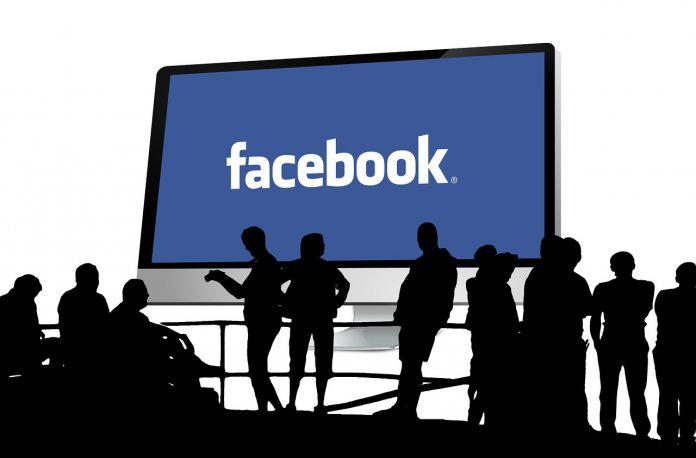It seems the company isn’t content to control most of the social media market, have a stake in advertising, and own one of the most popular VR headsets. Going forward, it’s looking at devices like AR glasses, its own voice assistant, and custom silicon. Essentially, it wants to cut out third-parties as much as possible. “We really want to make sure the next generation has space for us,” Facebook’s head of hardware, Andrew Bosworth, told The Information. “We don’t think we can trust the marketplace or competitors to ensure that’s the case. And so we’re gonna do it ourselves.” With the numerous security breaches of its social media platforms and several serious WhatsApp vulnerabilities, I’m not sure I trust Facebook with the supporting structure of my digital life. However, it does seem the OS has one thing going for it – it’ll be led by Windows NT co-author Mark Lucovsky. A man so sought after that Steve Ballmer had to fend off accusations that he threw a chair when Lucovsky was poached by Google. Lucovsky left Google a decade ago, working for VMWare and Mombo Labs before becoming the general manager of operating systems at Occulus VR in 2017. Unfortunately, Bosworth shared little else about the OS, codenamed ‘Orion’, other than a tentative release estimate. Orion could launch as early as 2023, which would place it conveniently next to Apple’s rumored AR glasses. With Oculus and Portal currently running a modified version of Android, it stands to reason that will be an area the OS targets.




